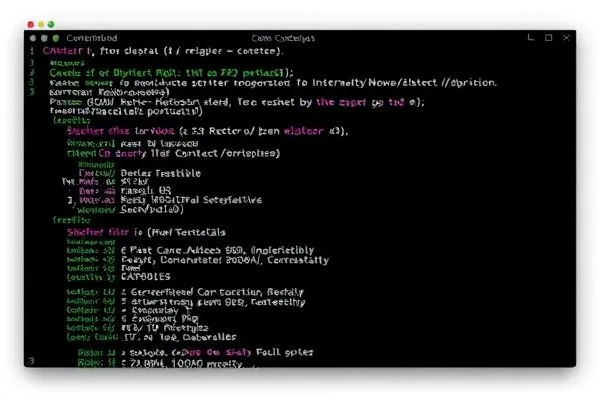In the ever-evolving landscape of cybercrime, the intertwining of state influence with criminal enterprises is becoming increasingly evident. Recent leaks from the Black Basta ransomware operation reveal alarming connections between the gang and Russian officials, raising significant concerns about the complicity of state actors in cybercriminal activities. This article examines these revelations and their implications for cybersecurity globally.
Takeaways:
- ✅ Insight into potential connections between ransomware gangs and state officials.
- ✅ Understanding the role of AI in enhancing cybercriminal strategies.
- ✅ Analysis of evolving threats posed by automated attacks.
The Leaked Chats: An Eye-Opening Disclosure
The recent release of Black Basta’s chat logs, comprising over 200,000 messages, has uncovered troubling insights into the alleged relationship between the cybercriminal group and Russian authorities. Following the arrest of its leader, Oleg Nefedov, in Armenia, chat communications suggest state collaboration facilitated his escape. This scenario not only underscores the complexity of cybercrime but also highlights a potentially protective relationship between government entities and cybercriminal organizations.
As noted by cybersecurity firm Trellix, these communications reflect an operational dynamic where political influence can significantly impact the functioning of ransomware groups. The implication is deeply concerning: when state actors aid cybercriminals, it complicates law enforcement’s ability to address the cyber threat effectively, posing significant risks to global security systems.
Innovative Strategies: AI’s Role in Cybercrime
The leaked discussions reveal Black Basta’s innovative use of Artificial Intelligence, specifically OpenAI’s ChatGPT, for various malicious activities. This includes generating phishing emails, rewriting malware code, and automating information gathering. Such technological advancements allow cybercriminals to enhance attack efficacy by presenting legitimate communications that bypass traditional security measures.
By wielding AI, Black Basta demonstrates a fundamental shift in the context of cybercrime, illustrating how technology can serve to reinforce criminal operations. Organizations must remain alert as these AI-driven methods make attacks increasingly sophisticated and challenging to detect.
SEO Optimization and Security Awareness: The BRUTED Framework
Another critical revelation from the leaked data is the introduction of a brute-forcing framework called BRUTED. This tool automates credential stuffing and scanning of network devices, ramping up the scale and speed of attacks against vulnerable corporate networks.
With the capacity to execute large-scale assaults efficiently, this framework heightens the urgency for organizations to reinforce their cybersecurity measures. Experts assert that the emergence of tools like BRUTED signifies a turning point in ransomware strategies that requires a collective response from the cybersecurity community to combat such escalating threats.
Conclusion
The leaked communications involving Black Basta reveal a concerning nexus between state involvement and cybercrime. As these relationships complicate the global fight against digital threats, organizations need to adapt swiftly, integrating robust cybersecurity measures to safeguard against both sophisticated cybercriminal tactics and state-sponsored activities.









